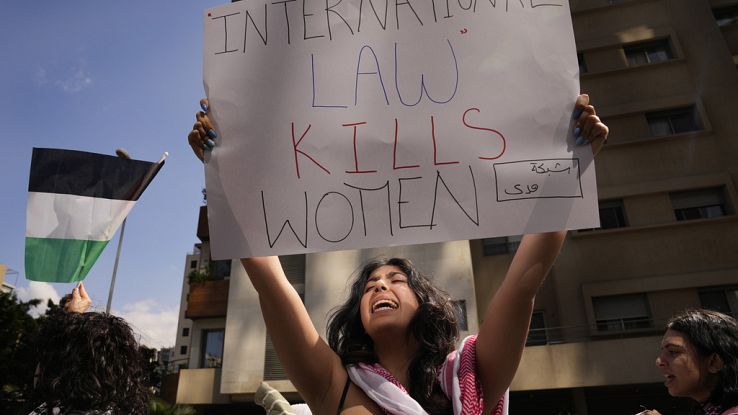By : Lloyd Mahachi
Over 600 million women and girls worldwide are affected by war, a staggering 50% increase from just a decade ago. This alarming figure comes from a recent United Nations report, which highlights the devastating impact of conflict on women’s lives. U.N. Secretary-General Antonio Guterres warns that progress made towards women’s rights over the decades is rapidly vanishing, and “generational gains in women’s rights hang in the balance around the world.”
The report reveals disturbing trends, including a doubling of women killed in armed conflicts in 2023, and a 50% increase in U.N.-verified cases of conflict-related sexual violence. Additionally, the number of girls affected by grave violations in conflicts rose by 35%. Perhaps most concerning, women’s participation in decision-making and politics in conflict-affected countries has not improved, with less than 10% of women involved in peace negotiations.
Sima Bahous, head of UN Women, emphasizes the urgent need to address the fears of millions of women and girls affected by war, including those in Afghanistan, Gaza, Sudan, and other conflict zones. The world must respond to their cries for help with hope, rather than indifference. To tackle this crisis, the U.N. has launched the “Common Pledge on Women’s Participation in Peace Processes,” aiming to increase women’s leadership and inclusion in peace negotiations.
This initiative urges governments and organizations to empower women by appointing them as lead mediators and team members, amplify women’s voices by promoting direct and meaningful participation in peace processes, and foster gender-responsive peace by embedding women with expertise to ensure inclusive agreements. The international community must come together to address the lack of “political will” that hinders women’s participation in the peace process. By working together, we can create a more inclusive and equitable world for all.
Editor : Josephine Mahachi

